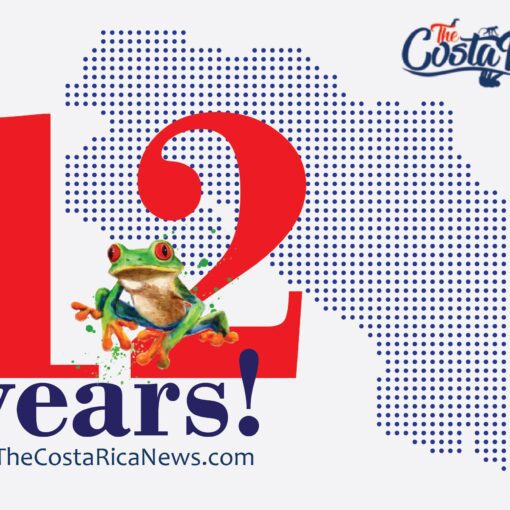According to the Costa Rican media outlet Teletica, drug gangs Los Lara and Diablo are extorting businesses and vendors for millions of dollars to sustain their operations.
Los Lara has been operating in San Jose for many years and is already familiar to the authorities. On the other hand, Diablo operates throughout the Caribbean, and its leader, identified as Alejandro Arias Monge, has been wanted since 2018.
Jose Solano, the head of the Miscellaneous Crimes Section Unit of the Judicial Investigation Organism (OIJ), noted that extortion cases of this nature are lower in the capital compared to the province of Limón.
“Extortionists take advantage of easily obtaining phone numbers through advertisements and social networks, where many businesses publish information. They often claim affiliation with cartels from Mexico, Colombia, Venezuela, or elsewhere, threatening that people are ready to attack outside their premises, houses, or companies if they do not pay.
“They demand payment through Sinpe mobile or international money transfer. Typically, payments made nationally or internationally are deposited to intermediaries. We know that these extortions are already being carried out by recognized criminal groups—one from the Caribbean (Diablo) and another from a well-known surname in San José (Los Lara),” commented Solano.
When these criminal groups contact their victims in the name of their gang, they even demand a percentage of total sales. The amounts often exceed ten million colones, with threats if payment is not made.
As of November 2, the Judicial Police had registered 686 complaints related to such extortions; however, the majority were for “gota a gota” loans and sextortion.
“There are a series of crimes that occur when payments are defaulted, such as damage to homes and businesses, including hitting gates and even shooting. All of this is related to debt collection for extortion. We also have reports of assaults where criminals intervene, charging people and taking away their belongings, such as telephones or money, to repay the debt,” explained Solano.
The judicial agent also highlighted that in “gota a gota” loans, those affected request sums ranging from 50 thousand to two million colones, with weekly payments of 50 thousand to 200 thousand colones, depending on the amount requested.
When a debt is incurred, the trigger point is the failure to pay. On weekends, when individuals cannot pay due to a lack of money or unemployment, extortion begins, both psychologically and patrimonially.
“The ideal is not to access this type of informal loan, and if you do, it is advisable to collect all the information of the people who come to collect, including names, license plate numbers of vehicles, and specific identifying characteristics. Immediately report it to the authorities,” added Solano.
Source link
Tico Times



